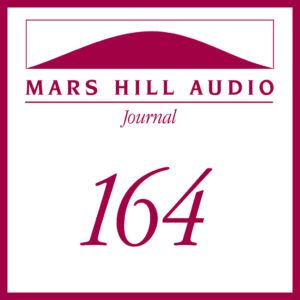
Mars Hill Audio Journal, Volume 164
FEATURED GUESTS: Dana Gioia, Brady Stiller, Robert Royal, Richard DeClue, Tiffany Schubert, and Joonas Sildre
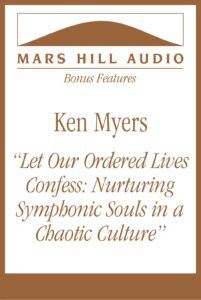
Music, silence, and the order of Creation
In this lecture, Ken Myers explains how it is that our participation in harmonic beauty in music is a kind of participation in the life of God, in Whom all order and beauty coheres and is sustained. (61 minutes)
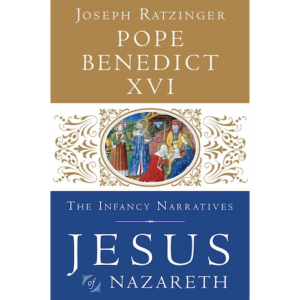
Angelic voices: saying or singing?
Pope Benedict XVI on the intrinsically musical character of angelic utterance
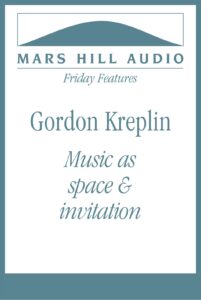
The physical beauty of music
Music can be likened to a cathedral, says professional guitarist Gordon Kreplin, when it creates through silence and sound a meditative space into which one may enter and encounter God. (14 minutes)
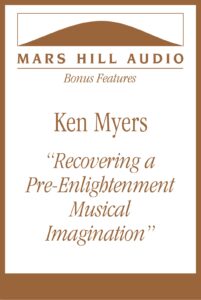
Music and the meaning of Creation
In this 2018 lecture, Ken Myers advocates for a recovery of the pre-Enlightenment idea of the intelligibility of music. (61 minutes)
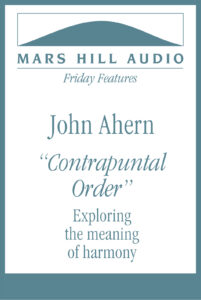
Counterpoint as a “spirited discussion”
In this essay, John Ahern explains the beauty and order of counterpoint, the accumulation of multiple melodies that come together in a harmonious whole. (20 minutes)
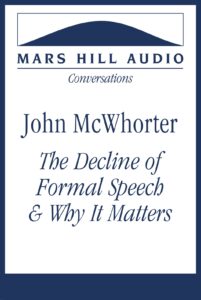
The Decline of Formal Speech and Why It Matters
John McWhorter examines the reasons behind the decline in articulate speech and writing in the late 20th century, and the implications of this change across many areas of culture. (55 minutes)
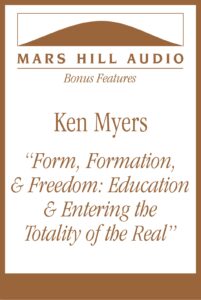
Forms as portals to reality
Ken Myers explains the ancient classical and Christian view that music embodies an order and forms that correspond to the whole of created reality, in its transcendence and materiality. (54 minutes)

How music reflects and continues the created order
Musician, composer, and teacher Greg Wilbur explores how music reflects the created order of the cosmos. (55 minutes)
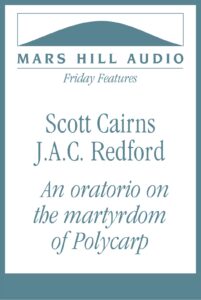
Martyrdom and music
To mark the feast day of the Martyrdom of Polycarp, we offer an interview from 2004 with composer J. A. C. Redford and poet Scott Cairns about their work together on an oratorio based on the story of Polycarp’s death. (15 minutes)
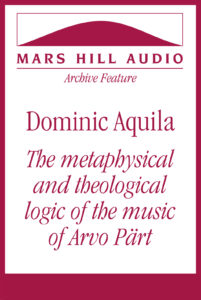
Maximalist music
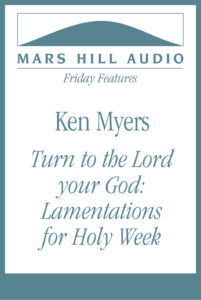
Turn to the Lord your God
Ken Myers introduces musical settings from the book of Lamentations, traditionally sung during Holy Week. (26 minutes)
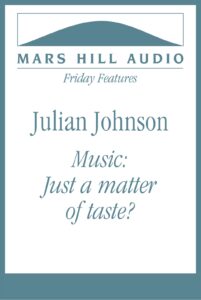
Music without emotivism
Julian Johnson discusses how novel, historically speaking, is the idea of complete relativism in musical judgment. (33 minutes)
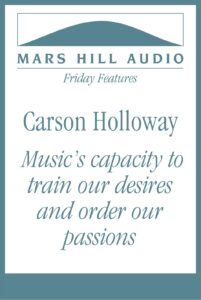
Music, passion, and politics
In this interview from 2001, Carson Holloway discusses his book All Shook Up: Music, Passion, and Politics, which summarizes the dramatic chasm between the classical and modern views of political ends and of musical means. (45 minutes)
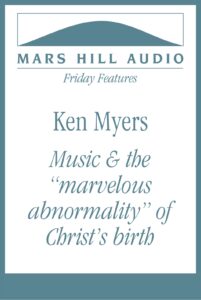
The mysteries and glory of Christmas and its music
Ken Myers presents examples of music from five centuries that capture some sense of the astonishing fact of the Nativity of our Lord. (15 minutes)
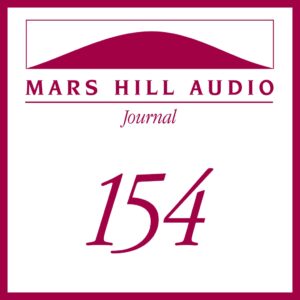
Mars Hill Audio Journal, Volume 154
FEATURED GUESTS:
Felicia Wu Song, Michael Ward, Norman Wirzba, Carl Trueman, D. C. Schindler, and Kerry McCarthy
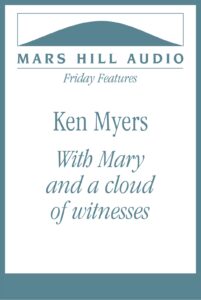
Stabat Mater dolorosa
Ken Myers offers some thoughts on the aesthetics of sympathy, and introduces some of the musical settings of the remarkable medieval poem known as “Stabat Mater dolorosa.” (23 minutes)
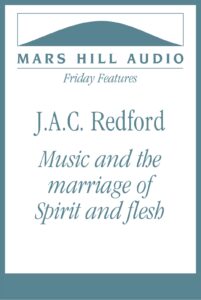
The Incarnation presented in music
Composer J.A.C. Redford talks about the theme of the Incarnation as musically presented in his choral symphony for Christmas entitled “Welcome All Wonders.” (23 minutes)
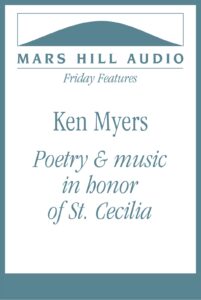
Music for St. Cecilia’s Day
Ken Myers introduces several poems and related musical compositions that celebrate the heavenly gift of music and thereby honor St. Cecilia. (21 minutes)
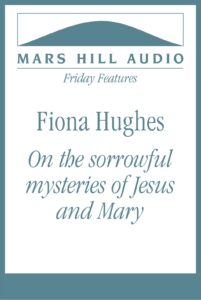
The Mystery Sonatas of Heinrich Biber
Baroque violinist Fiona Hughes reflects on Heinrich Biber’s 15 “Mystery Sonatas,” each of which corresponds to one of the mysteries in the life of Jesus and Mary that focused meditative devotion. (14 minutes)